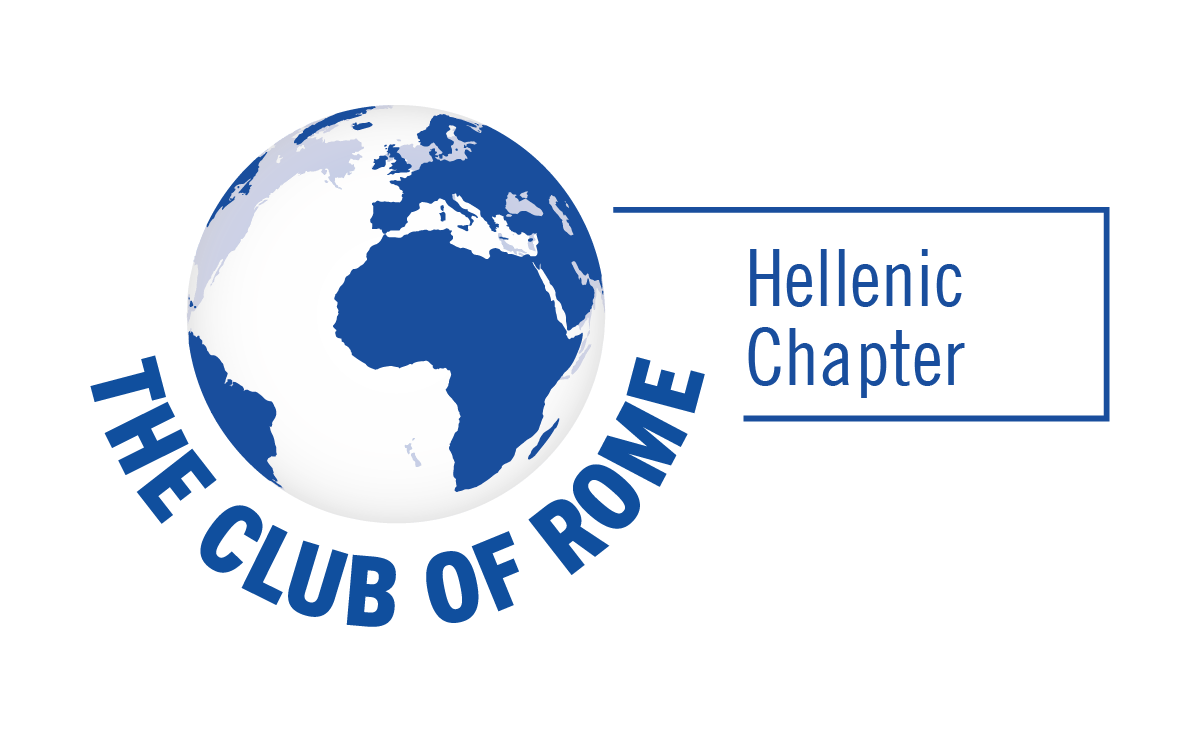Green Governance – Building a Society of Hope – The Case of Morocco
under the auspices of H.E. Mr. Abdelkader El Ansari, Ambassador of Morocco
Athens, June 18, 2012
On June 18, 2012, the Biopolitics International Organisation and the Hellenic Chapter of the Club of Rome organized a luncheon reception under the auspices of H.E. Mr. Abdelkader El Ansari, Ambassador of Morocco. The event was themed “Green Governance – Building a Society of Hope – The Case of Morocco” and featured Professor Assia Bensalah Alaoui, Morocco’s Ambassador-at-Large, as keynote speaker. It convened distinguished personalities, academics, business leaders and other people of influence to discuss Mediterranean policies and new opportunities for growth and recovery with the aim of building a society of hope.
The event was chaired by Professor Agni Vlavianos Arvanitis, President and Founder of the Biopolitics International Organisation and the Hellenic Chapter of the Club of Rome, and attended by Ambassadors and dignitaries from 24 countries, including Greece, Morocco, Belgium, Argentina, Canada, Switzerland, Mexico, Algeria, Armenia, Iraq, Jordan, Peru, the Philippines, Serbia, Thailand, Tunisia, Ukraine, Vietnam, Palestine, FYROM, Turkey, Luxemburg, India and Angola. The event was also attended by the President of the Brussels–EU Chapter of the Club of Rome, Mark Dubrulle.
At the opening of the event, Ambassador El Ansari greeted all participants and expressed his gratitude to Professor Vlavianos Arvanitis for organizing the conference and for shedding light on the need to handle politics from a different angle, the angle of green governance and green development. He thanked Professor Alaoui for finding the time to come to Athens for this conference and stressed that the Embassy of Morocco promotes academic and cultural activities to bridge relations with Greece and with other friends. “Political relations are excellent, but in the economic and social field these good relations can be further stimulated. The purpose of this event is therefore to raise greater awareness of what is happening in Morocco in the specific field of green governance and green development, especially in view of the big conference in Rio de Janeiro, the Rio+20 conference, which will be dealing with these matters.”
Before introducing the keynote speaker, Professor Vlavianos Arvanitis extended a warm welcome to all the dignitaries and distinguished friends present. She thanked Ambassador and Mrs. El Ansari for supporting the event and also expressed her admiration for the Ambassador’s efforts to expand the friendship and ties with his country. “We are living in a time of economic crisis, political crisis, environmental crisis, a crisis in values, and, above all, a crisis in leadership. So many leaders are present today, and we all have to realize that major reforms are needed. In this spirit, we have organized this conference, and with over 25 Ambassadors present the hope is to spread this message everywhere. You are the leaders representing your country, please convey the message that we need to place at the core of societal structure the protection of the environment and the urgency of working together. Let’s appreciate our differences and save diversity and variety in all disciplines. Let’s choose the dimensions of technology that are not destructive but can save the environment and future generations.”
Professor Alaoui thanked Professor Vlavianos Arvanitis and Ambassador El Ansari and proceeded to highlight that Morocco has been going through a very interesting revolution in the wake of the Arab Spring. “These reforms are in line with the commitment of the Kingdom to protect the environment and promote sustainable development, and are strongly supported by the Royal will in line with the principles of Islam and the ambition to make Moroccans active eco-citizens in harmony with the diversity of their human and natural environment. The mobilization of all stakeholders to meet the huge challenges stemming from a deep concern for water availability and the need to decrease energy dependency, which consumes 11% of the GDP, is supported by new development strategies and new technologies wishing to reconcile responsible growth with social equity and solidarity. Contrary to lip service often paid to these matters across the world, environmental protection is becoming a reality in Morocco. We still have a very long way to go, but the ambition of His Majesty is to put sustainable development concerns at the heart of our development policy. The liberalization of the economy through free trade agreements, the reduction of poverty, illiteracy and urban-rural disparities, the upgrading of human rights and the revolutionizing of the family code have led to progressive integration of the environmental component in sectorial strategies. Furthermore, the consolidation of democracy and the implementation of sustainable development have materialized into a Charter for the Environment in February 2011, which paved the way for a framework law on the environment to be submitted to Parliament at the end of this year. In addition, we have been extremely keen on devising follow-up tools and operational means with dedicated financial measures to meat environmental overcosts. Morocco is in charge of the Focus Group on Green Economy and Territorial Development in the framework of a joint OECD–MENA Program. The development of civil society is also crucial, as Moroccan public policies and the Constitution are encouraging the mushrooming of civil society associations across the country, 2000 of which are active in the environmental field and promote education. Morocco has launched a number of flagship projects to support the long-term greening of its economy and to achieve a Green New Deal. These include the recycling of liquid and solid waste, the rationalization of the agricultural use of water as part of a broader strategy to save water, plans to secure human dignity and fight against poverty, and green plans for a green Morocco supporting the modernization of traditional and small peasant agriculture. In this context, Morocco’s new energy policy focuses on renewable energy through the much talked-about solar plant, the first and largest project, and through wind energy, in the hope that, by 2020, 42% of electricity production in the country will be based on renewable energy and funded by initiatives at the forefront of technology. But, much more than strategies, what we need is to generate behaviors as well as a culture for environment-friendly behaviors, and education is at the heart of the whole process. What is the use of a national policy if you do not have the human resources ready to engage in the implementation of such very ambitious strategies?”
Professor Alaoui is an internationally acclaimed law professor, author and development expert, with an impressive academic career at the University Mohammed V in Rabat and as a leading consultant for many international high level advisory groups, committees and organizations concerned with peace, security and human development issues.

